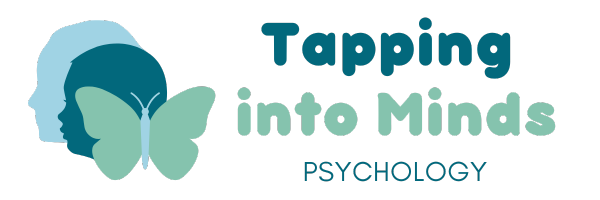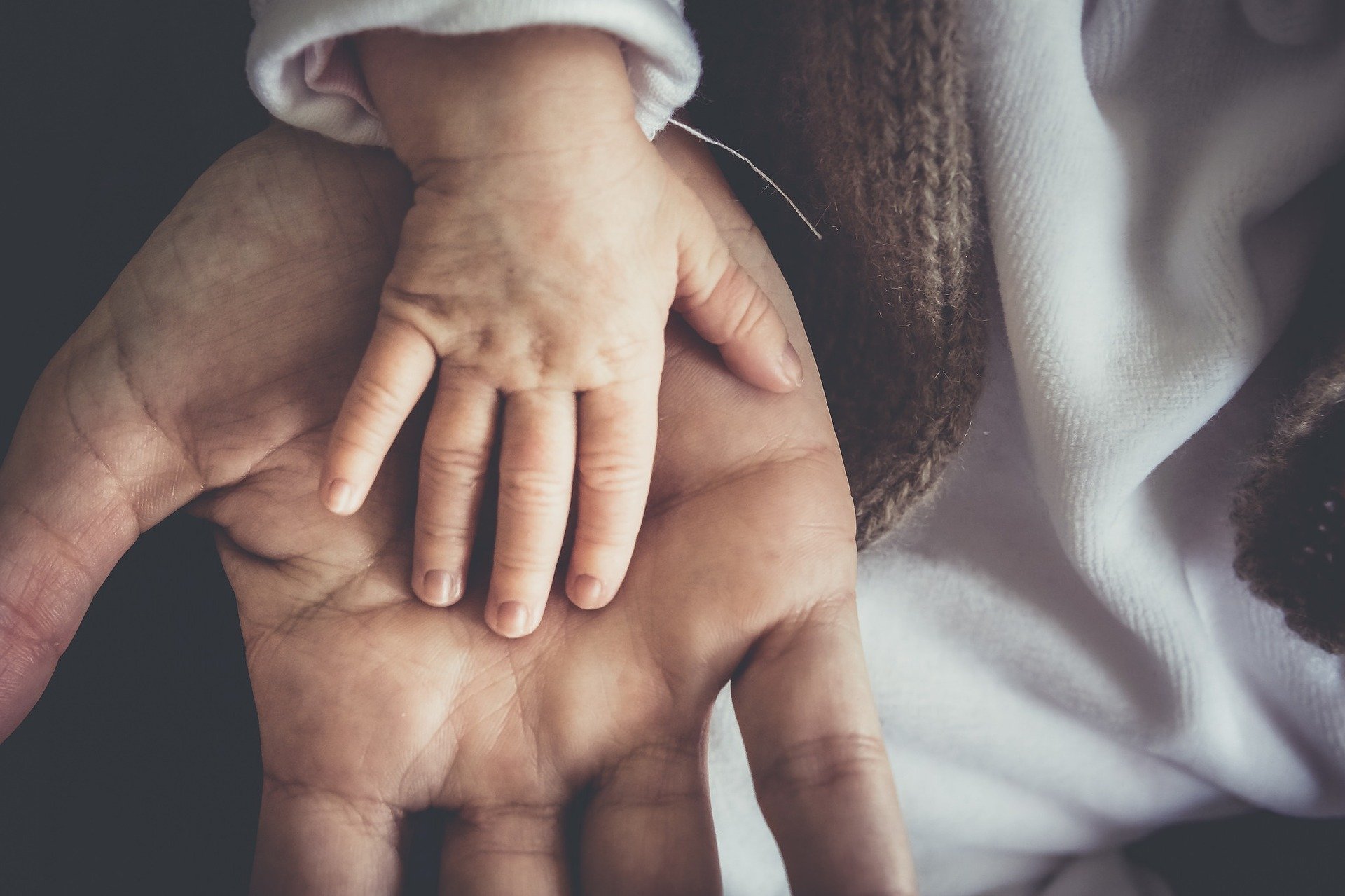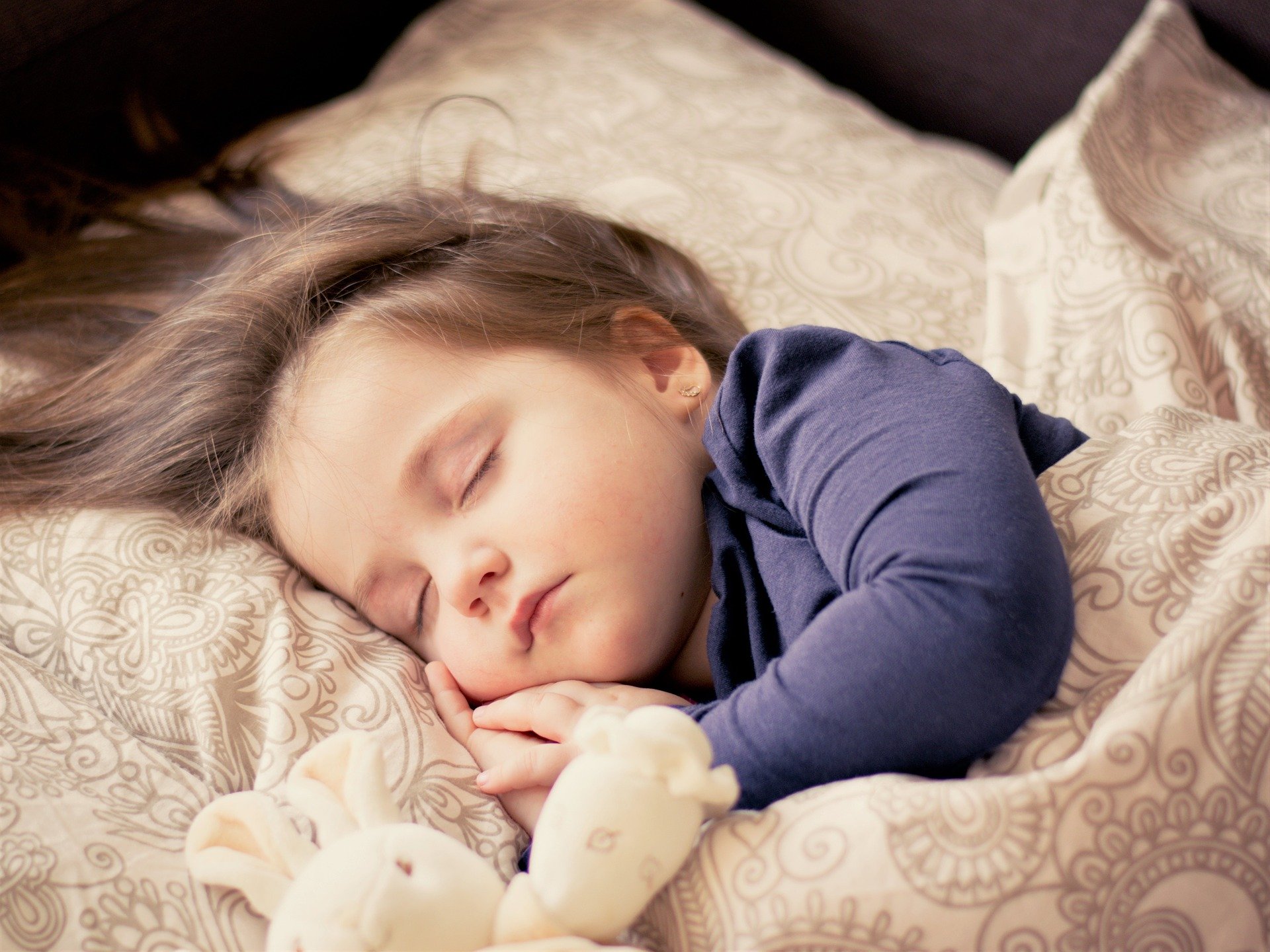“Our anxiety does not come from thinking about the future, but from wanting to control it”.
– Kahlil Gibran
We hear a great deal about anxiety today, yet it’s not very well understood. Anxiety is more of a problem today than it ever was before. The truth is, we all worry sometimes but there is quite a distinction between worry and anxiety. Let’s explore the difference;
- Worry is a form of thinking about the future. These may be thoughts about an upcoming event or a hypothetical one. They can be typical, in response to a challenging scenario, or excessive. Worry also tends to be temporary. When worried thoughts become excessive it can make us feel anxious.
- Anxiety is in the body, in our threat response system. Our brains believe we are in danger, resulting in a physiological, fight-or-flight response. Excessive worried thoughts can trigger anxiety, which often persists over longer periods of time.
I hope you are beginning to understand that anxiety is more than just feeling understandably stressed or worried in response to a life event. Worry typically doesn’t impact our functioning greatly. Anxiety, however drains us which most definitely impacts our personal and professional functioning. Anxiety typically doesn’t go away, even when the pressures and stressors which sometimes happen in life are removed. This can make coping in general really difficult.
Research suggests that anxiety first emerges in childhood. Anxiety disorders are the most prevalent mental health issue in Australia and the most commonly occurring mental health condition in children. In any one year, over 2 million Australians have anxiety, and the majority of these people are female. 1 in 6 in Australia suffer from an anxiety disorder.
Very young children may not understand their thoughts and feelings, particularly if they don’t yet have the vocabulary to explain them, they may instead share they are experiencing symptoms such as;
- Tummy aches, feeling unwell
- Trouble sleeping
- Nightmares and frequent waking
- Difficulty concentrating
- Changes to apetite
- Irritability and out of control behaviour
- Fidgeting or constant toilet use
- Crying
- Being clingy
- Sharing some worry thoughts that are becoming increasingly negative.
If they share or demonstrate the above, it may be helpful to start exploring if they are worried about something and talk it through with them. You can also seek professional help. Too many people suffer in silence, hesitating in seeking help. It is best to address anxiety issues early before they spiral out of control and wreak havoc on our lives and relationships. There are many non-invasive methods that are easy to practice anywhere (in the comfort of your home). Breathing exercises, focusing, mindful meditation etc. are very effective in reducing anxiety and the Emotional Freedom Technique (EFT) or tapping works particularly well with children. Tapping is a quick, fast acting, self-administered therapy, which uses finger tapping on acupressure points on the hand, face and upper body. EFT includes many of the elements of sound psychological therapy and scientific research shows the somatic component of tapping on specific points, helps you to process emotions more calmly, which in turn makes you feel better.
Children with anxiety have a significantly increased risk of developing other co-morbid disorders, such as depression later in life. Thorough assessment, diagnosis and early intervention is essential. Skills and strategy teaching, actively using methods to process our concerns, learning to let go and remain calm, can manage symptoms before they worsen (e.g. focusing, breathing, tapping etc.).
There are 8 types of anxiety disorders, each require highly specialised treatment, which can be diagnosed in childhood by a Psychologist or Psychiatrist, they are;
– Generalised Anxiety Disorder
– Obsessive-Compulsive Disorder
– Social Anxiety Disorder
– Separation Anxiety Disorder
– Post-traumatic Stress Disorder
– Phobias
– Selective Mutism
– Panic Disorder.
What we know is that anxious parents, tend to have anxious children. The best thing you can do for your children, especially if you have a young child, starting to ruminate and worry, is to manage you first (even if this means stepping out of the room for a minute). The more calm and centred you are, the better you are able to attune to your child’s needs, be present for them and help them process hard feelings. Another excellent proactive measure you can take, is to model healthful ways of managing your own anxiety. As the old saying goes, monkey see – monkey do. Let your children see you calmly as well as healthfully manage, tolerate, process and get through your own worries or anxiety when appropriate. An emotion regulation repertoire starts to emerge as early as age 2. So the pre-school years are an important time to start facilitating helpful and productive coping. It’s never too early to start developmentally appropriate social and emotional learning.




Thanks so much for a great read! Certainly lots to think about.
Thanks Tina, I’m glad you enjoyed it! An article on anxiety among older children/tweens/teens is something I’m asked about often, so I might need to do a part 2 on this. – L 🙂
Very good to read, and so many children are more worried than we think. I tapped with a 10 yr old girl, who was so scared of dying (because she heard so many times about covid on tv). She would go to sleep, then wake up in horror with heart racing. In our session she learned a few calming techniques, and she was able to calm herself and have a good night sleep. If children can learn to calm themselves, and to tap, it would make a huge difference to their lives.
Hi Christina, Definitely agree with you there. It is wonderful to hear that the article was helpful! Covid has been an anxiety provoking time for many, especially children who pick up on the emotional content of news programming even though they might not understand the words. Fantastic to hear about young children learning how to regulate their emotions with this amazing self-help too amidst challenges at this time in our ever changing world. Keep up the great work. – L 🙂
Loved reading this and could really connect to this too. Looking forward to purchasing your book too 🙂
Hi Tina, Great to hear this was helpful. Anxiety is talked about widely these days but not well understood, in terms of healthfully reducing it long term. I hope you get some even more helpful strategies from our book! All the best, Laura 🙏